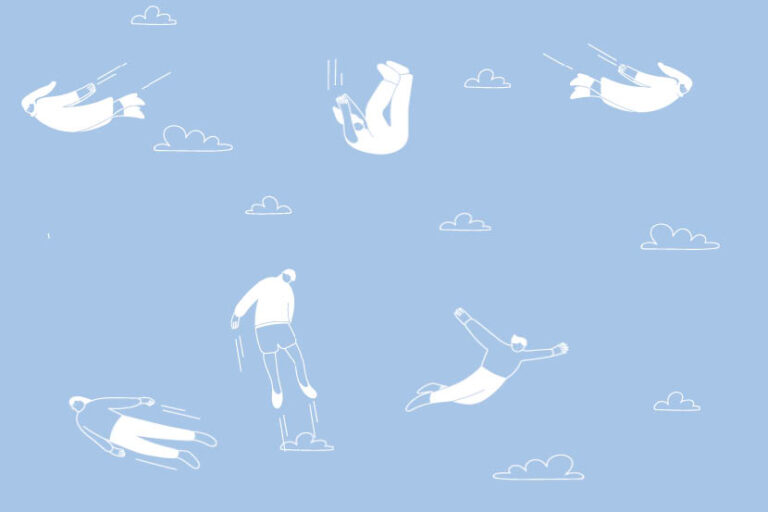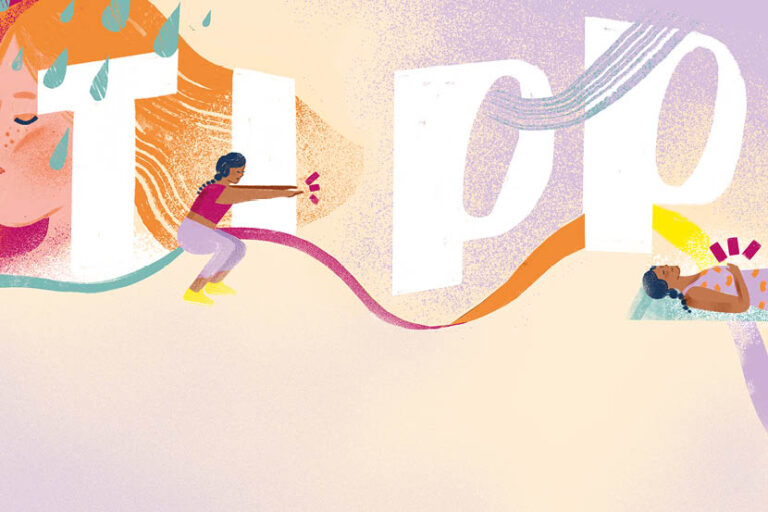
Harvesting short time periods and plugging into the flow state could be what you need to make a dream project come true
Do you have a big dream? Perhaps you’ve always wanted to write a book, learn a language, or devote yourself to art or pottery. Whatever you want to achieve, you might have put off doing it because you felt you didn’t have enough time or space to give to it. Or you might have put it on hold until you’ve first had the chance to clean the house, find a course to improve your skills, or design a website for it. But what would happen if you decided to start, right here, right now?
Get into the flow
Roma Norriss is a parent educator who has Epstein-Barr virus, an illness that often leaves her feeling exhausted. But despite this she has managed to write 25,000 words of a parenting book by making use of intervals as short as five minutes. Roma began after taking a course with Steven Kotler, an expert in human performance and director of the Flow Research Collective. Steven trains people to get into the brain state known as “flow”, in which you focus solely on one task and enter a state of intense concentration that feels timeless and effortless.
Using the principles of flow enabled Roma slowly tobuild her writing stamina and to work for longer periods. Starting with five minutes at a time helped her to take the pressure off and reassure herself that whatever she managed to achieve in a writing session was enough. Roma says: ‘It’s part of my personality to be consistent, I do just plug away at things but I definitely think that saying to yourself you have only five minutes is a good strategy for consistency because it feels less pressurised, and less of a burden.’ If you grab five minutes here and there you can change your life for the better. Alter your perspective and decide to value the shorter periods of five to 30 minutes and the sum soon adds up.
Respect the resistance
Musician, composer, and author Adam Cole spent 10 years composing a symphony. It had long been an ambition, but he found himself blocked when trying to compose for an entire orchestra. He solved this by working in short bursts in the evening. ‘I sometimes spent as little as 15 minutes working on the piece,’ he says. ‘If I’d made progress of any kind, once I felt a little resistance, I respected it and stopped.’ Although some people might come to rely on long stretches of time to get into their projects, utilising short periods wasn’t a problem for Adam. ‘Perhaps I’m in the dream state all the time, and darting in and out of the act of creation isn’t an entry and an exit, as it is for others,’ he says. On the other hand, learning about the flow state, as Roma did, can assist with the transition.
Natural pauses
Although regular dedication is needed to complete a mission, there might be phases when that just doesn’t happen for whatever reason. ‘Sometimes months or even years would go by when I wasn’t able to work on it,’ he says of the composition, titled Symphony No 2: Thirds. ‘I’ve learned to respect the pause on a big project and wait for the next impetus to return to it.’
He feels if you take a break, it’s good to do it for the right reasons. ‘It’s important to recognise the difference between pausing out of respect for your creative process, and pausing because you don’t want to deal with an unpleasant sensation, such as fear or inadequacy.’ It seems whichever route you take to making time for your goal, it’s important to listen to yourself, understand the pulse of your creativity or desire to spend time on it, and recognise when it’s time to rest or push through resistance. By listening to yourself and making the most of small increments of time, you can achieve whatever you want.
Harvest spare moments
- Start now. When you have five to 30 minutes spare, take out your pen, paintbrush, or whatever you want to work on. Set a timer and begin.
- Put reminders on your phone. It can work well to set aside a chunk of time at the same point each day.
- Ask someone to hold you accountable. People are more successful at achieving goals when they have an accountability partner. This could be a friend who also has an aim in mind. Arrange to check in daily or weekly.
- Leave yourself visual reminders. Whether it’s a sticky note on the mirror or a scribbled suggestion in a journal, a small nudge to work on your project can be just what you need to get going.
- Be spontaneous. Follow Roma’s example by telling yourself it’s just for five minutes, and if it’s such a short time you can begin at any moment.
You can begin now.


















